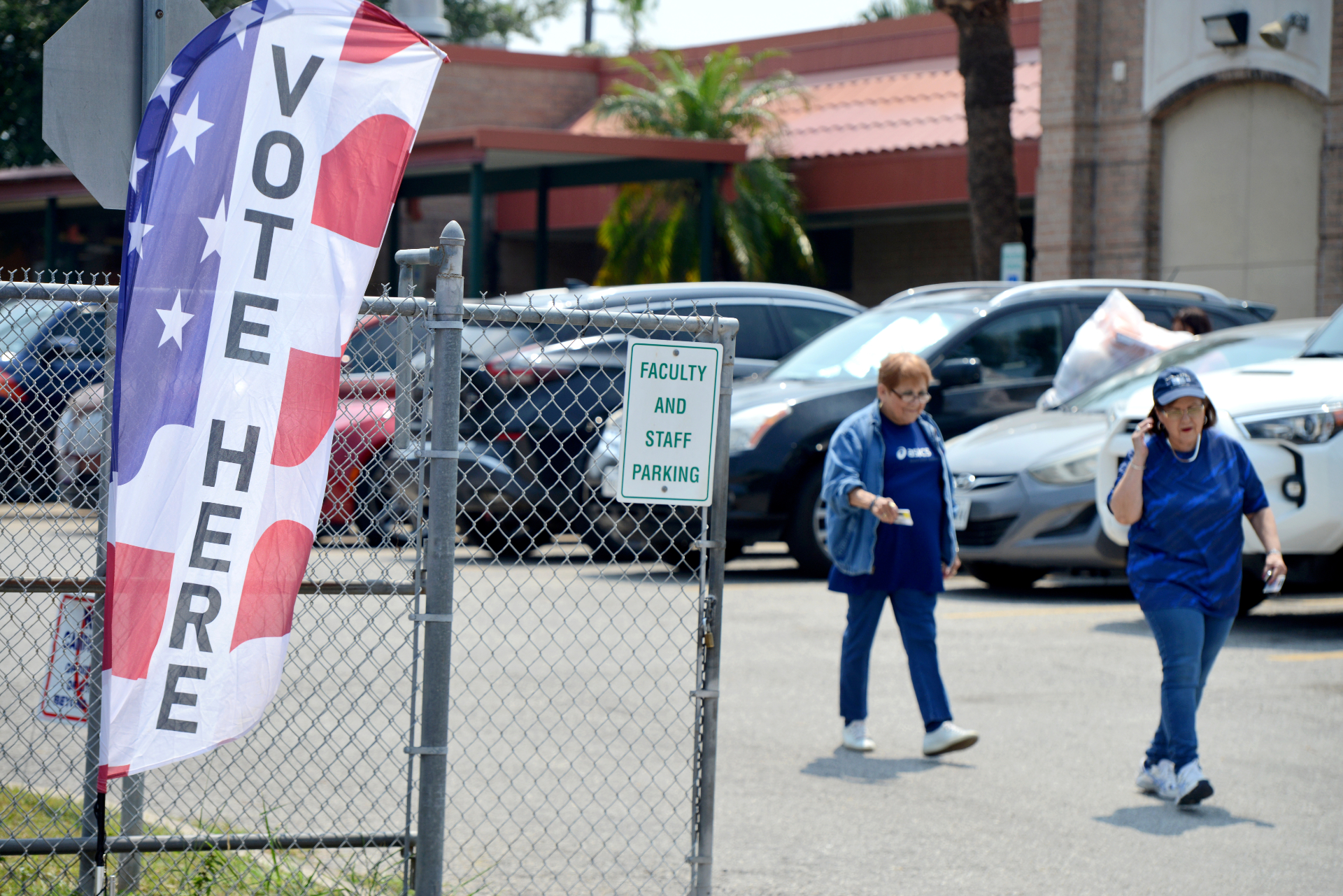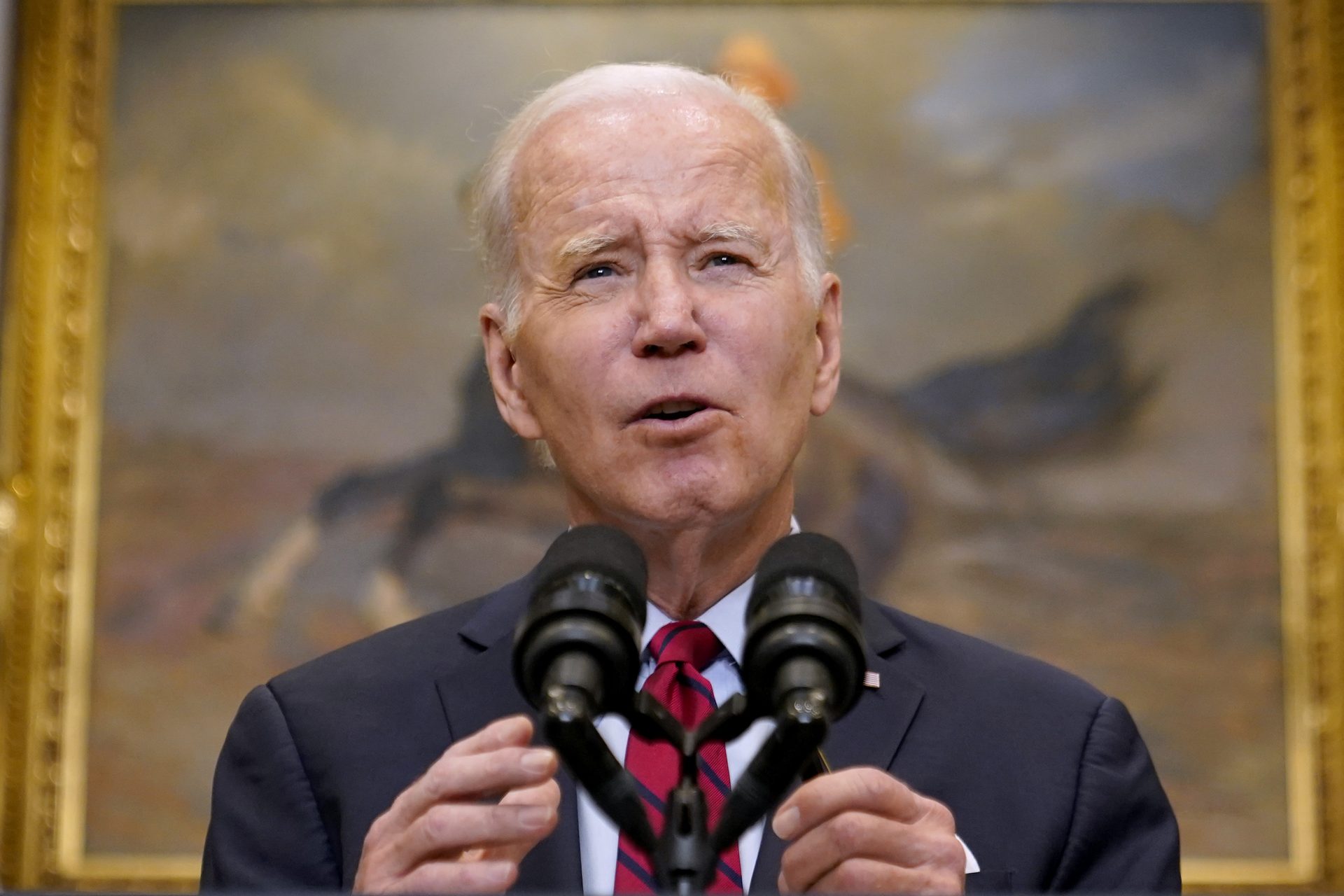The Texas Republican Convention in May passed a resolution requiring people to register as party members before they can vote in future party primaries. Democrats, on the other hand, chose not to follow suit.
The latter party’s decision is welcome.
Our state’s residents have long considered themselves independent, and proudly so. Many have shown a fierce loyalty one political party or another, and yet they still insist that they are independent voters, and their support will end if their preferred party no longer reflects their personal beliefs.
Will they maintain their declared independence, now that the state GOP requires what amounts to a loyalty pledge and takes punitive actions against those who don’t profess such loyalty or endorse positions set by party leaders, regardless of whether or not the voters agree with those stated positions?
Party registration isn’t a state issue, and we trust it never will be. Government never should become involved in partisan matters.
And that’s what primaries are — strictly partisan matters. They are methods through which parties allow voters to decide which candidates should represent their party in the general election.
The real election is the general vote in November.
Every party has a right to design its own campaign processes. Requiring party membership, however, is impractical, especially in areas like the Rio Grande Valley.
Most elected positions are still local, including city and county commissions, school, port and community college boards as well as various judicial and law enforcement offices. Many of those positions are nonpartisan, but others have attached themselves to the primary system and candidates thus must declare the party they wish to represent.
 Voters cast their ballots at Sharp Elementary on Election Day Tuesday, May 28, 2024, in Brownsville. (Miguel Roberts/The Brownsville Herald)
Voters cast their ballots at Sharp Elementary on Election Day Tuesday, May 28, 2024, in Brownsville. (Miguel Roberts/The Brownsville Herald)Local voters then decide in which primary they participate. Often those decisions are guided by party preference, but often — perhaps more often — people choose primaries based on their wish to vote for one or more specific candidates.
In many races, primaries are a formality, as many candidates, especially incumbents, often run unopposed. In such cases voters often choose to vote in the primary in which they can lend support for specific candidates. Thus, their primary participation can change from one election cycle to the next.
Requiring voters to register as party members could deprive voters of that freedom.
To be sure, party registration helps ensure loyalty before the vote, and that winners in primary elections are more likely aligned with the positions of party leadership. But that also makes reforms more difficult, even when such reforms are needed.
It puts party leaders in control of platforms and positions, rather than the general population that traditionally has guided each party. In this case, it helps ensure the permanence of the current far-right, evangelical leadership rather than more moderate, “big tent” Republicans who once defined the party.
For better or worse, the state GOP seeks to lock voters in behind them. We’re glad that Democrats continue to respect the freedom of the voters, whose ballots are the real cornerstone of our democracy.
The post Editorial: Texas Republicans take more steps to do away with state’s tradition of free, open elections appeared first on MyRGV.com.
 (2).png)
 2 months ago
94
2 months ago
94








 English (US)
English (US)